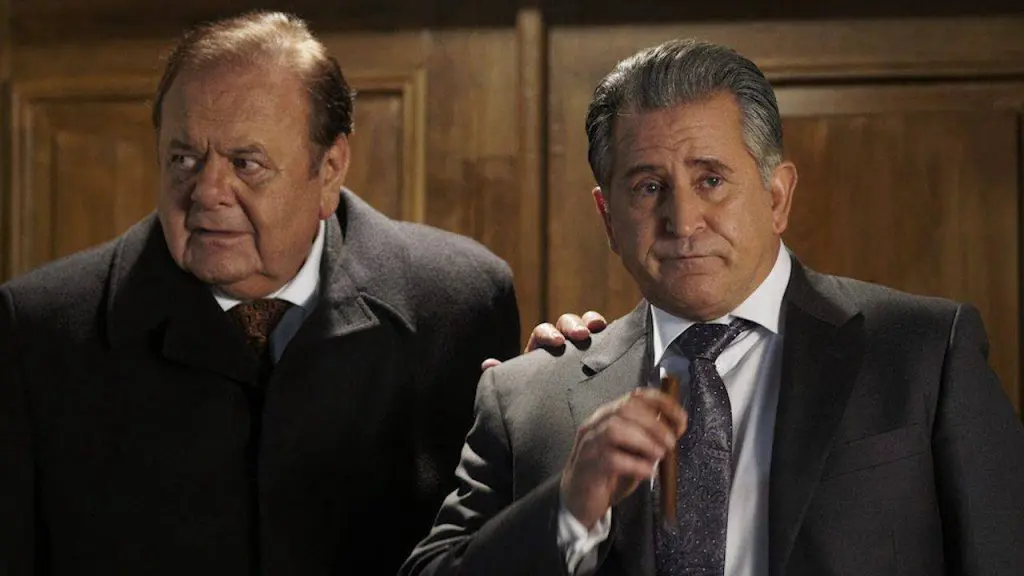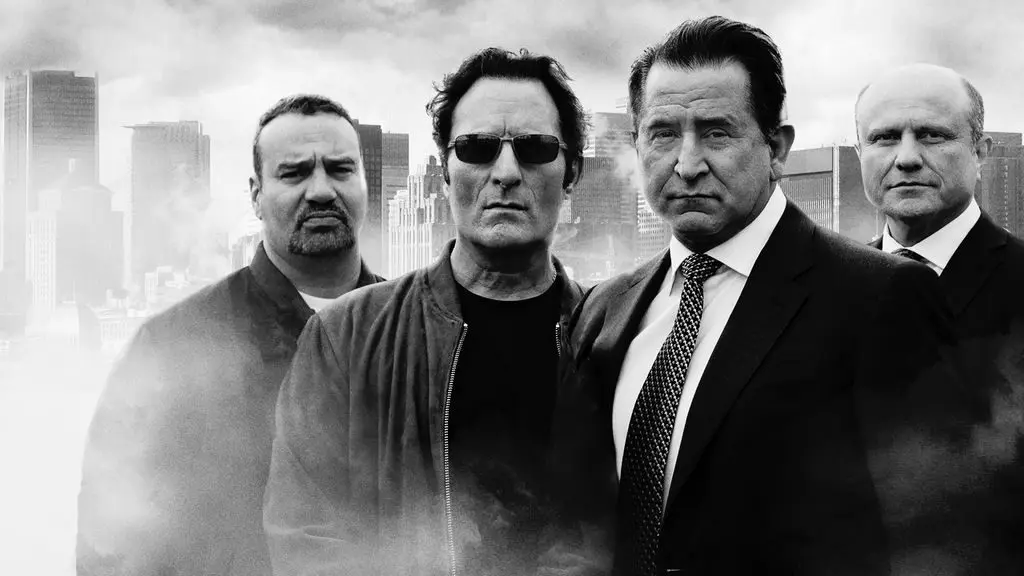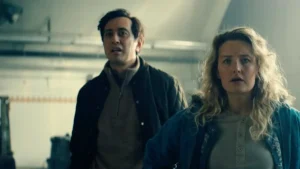Summary
Bad Blood is a compelling and unfussy docu-drama that tells the real-life story of Montreal mobsters and their unconventional family.
Debuting on Netflix today, the six-part Original Series Bad Blood is a very good crime family drama imported from Canada and adapted from the book Business or Blood: Mafia Boss Vito Rizzuto’s Last War by Antonio Nicaso and Peter Edwards. In the role of that well-known Montreal mobster is a better-known Australian actor, Anthony LaPaglia, but much like how mob stories are always cautionary family tales more than showcases of organised crime, Bad Blood is not so much about LaPaglia’s character as the power vacuum he leaves behind when he is indicted and imprisoned in the far-away United States.
Before beginning to chronicle the collapse of his mob, Bad Blood first establishes Vito’s strong leadership; his influence over Montreal’s political overseers and its oddly accommodating criminal underclass. By the time he’s out of the picture, it is easy to imagine the delicate house of cards toppling over, which of course it does, mostly thanks to the recklessness of Vito’s son, Nico (Brett Donahue), who is unsuitable for leadership but insistent on taking over the mob regardless.

Bad Blood has things to say about the very nature of family, especially fathers and sons, inherited responsibilities, and what it truly means to put aside ambition and to accept your role even when it happens to be thankless. That latter point is mostly communicated through the character of Declan (Kim Coates), Vito’s right-hand man, who handles most of the mob’s business and carries most of the series in his boss’s absence, even though Nico’s entitlement reduces his authority. Organised crime isn’t, after all, particularly meritocratic, at least not the old-school familial kind of crime that Bad Blood concerns itself with.
The series, which consists of only a half-dozen 40-odd-minute episodes, is brisk and unfussy, but despite frequent bouts of violence and action, it remains character-driven and thematically focused. It doesn’t do anything particularly new with material that doesn’t feel much fresher for having been transplanted to Canada, but then again it doesn’t strictly need to. What’s here is tight and efficient television bolstered by strong performances (particularly from Coates) and economical writing courtesy of writer/creator Simon Barry and writer Michael Konyves. It might not be anything you haven’t seen before, but it’s worth seeing again all the same.




